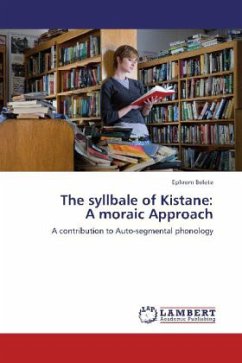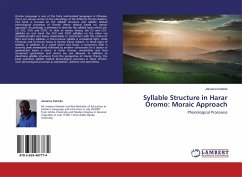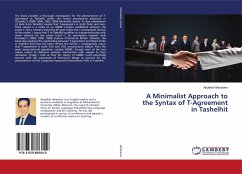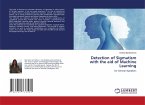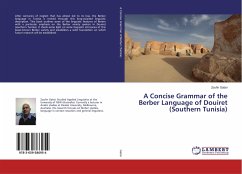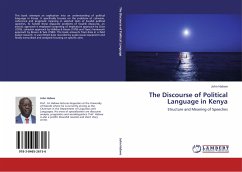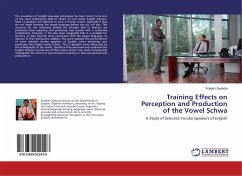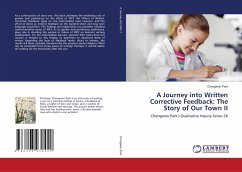The Kistane people are one of the Gurage tribes who inhabited the northern most part of the Gurage land. Kistanes call themselves Christians and their language Kistane . Kistane have been sharing culture and blood relationships with neighboring Oromo. Most Kistane men can speak one or more languages, mainly Amharic and Oromo, beside their native language. This people, like other Gurages, is an agrarian society and distinguished for its ensut false banana based culture. This book presents the application of auto-segmental phonology to the syllable of the Kistane language. The book proceeds within the framework of the moraic approach, one of the resent theories in non-linear phonology, which best describes the syllable weight. Moraic theory assumes moras as weight bearing units rather than vowels nucleuses. Moraic theory is chosen for this book because it has better explanatory adequacy than other competing theories on the representation of a syllable. In this book, issues like syllable quantity and weight, compensatory lengthening and weight by position are briefly examined and discussed. The data of this book are gathered from the native speakers of Kistane living in Bui.

